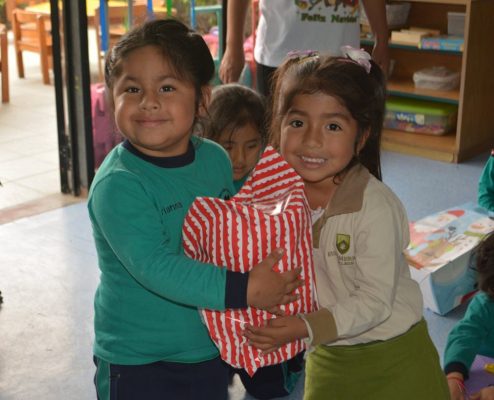
Boosting self-confidence in our children – A way to prepare them well for life
According to Erik Erikson’s theory of psychosocial development, human beings go through 8 evolutionary stages to achieve harmonious and sustained development. From newborns we develop this ability through the consistency of the first care related to feeding, hygiene, sleep and emotional communication. A good starting point to expand confidence is the positive and confident attitude […]
25 March, 2024

“How to teach our children and young people to be supportive?”
According to Montessori pedagogy, human beings go through different “sensitive periods or sensitive periods.” They are stages or moments of development in which we are predisposed and it becomes easier for us to learn a special skill, using our senses and our entire being to achieve it. In this way we have successively gone through […]
22 March, 2024

“Egoism or solidarity: which approach do we choose?”
In human relations with the community, two opposing paradigms seem to coexist. In the first one, the human being is seen as pragmatic, utilitarian, and selfish because they only want to satisfy their desires and needs, even becoming irrational in seeking their own benefit. This is the premise upheld by sociologist Jordi Busquet when analyzing […]
25 March, 2024